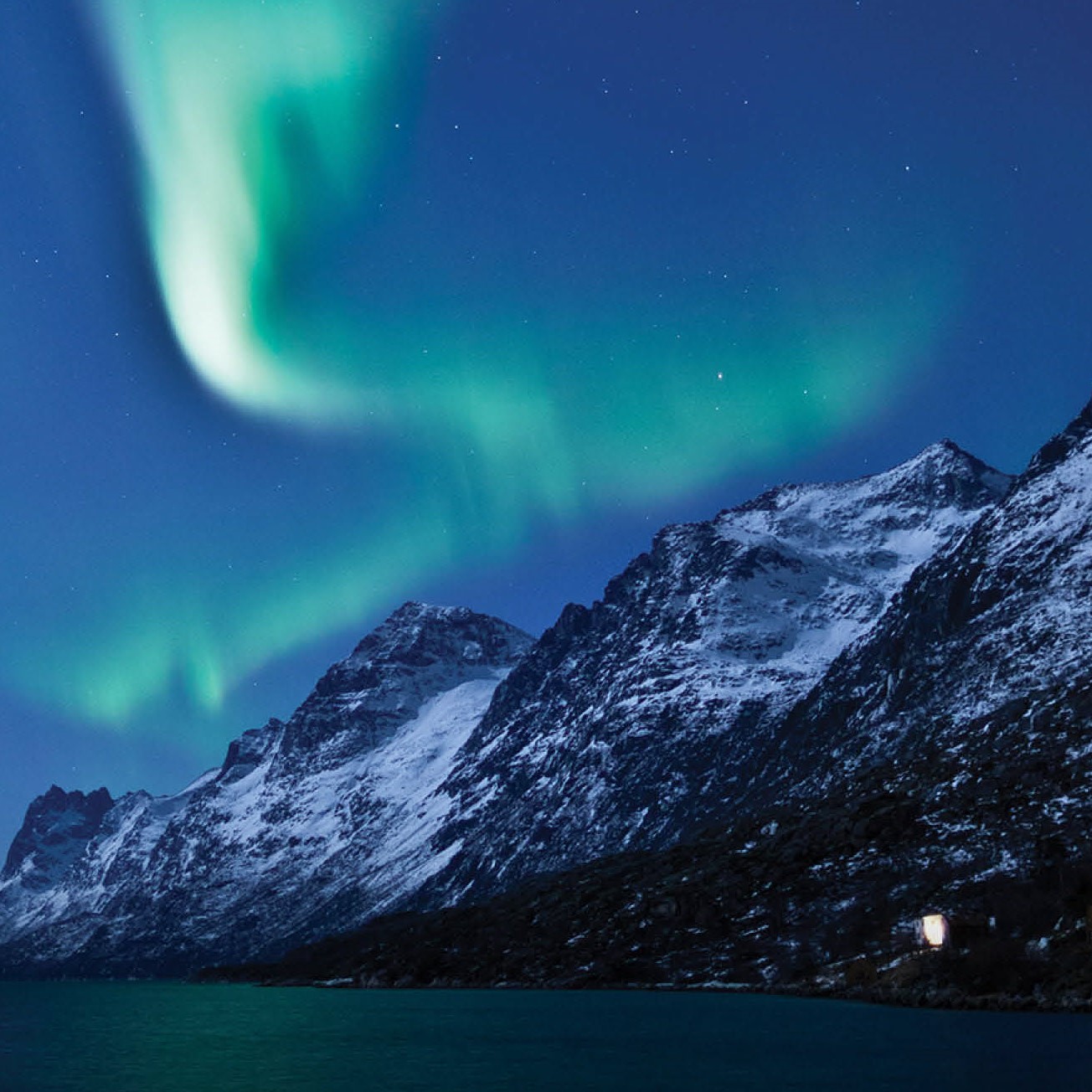Claudia Czimczik will receive the 2017 Sulzman Award for Excellence in Education and Mentoring at the 2017 American Geophysical Union Fall Meeting, to be held 11–15 December in New Orleans, La. The award is given to “one mid-career female scientist…f...
Claudia Czimczik will receive the 2017 Sulzman Award for Excellence in Education and Mentoring at the 2017 American Geophysical Union Fall Meeting, to be held 11–15 December in New Orleans, La. The award is given to “one mid-career female scientist…for significant contributions as a role model and mentor for the next generation of biogeoscientists.”
Citation
We are excited to announce our selection of Dr. Claudia Czimczik, an associate professor at the University of California, Irvine (UCI), as the recipient of the 2017 Sulzman Award for Excellence in Education and Mentoring. The Sulzman Award is given annually for significant contributions as a role model and mentor for the next generation of biogeoscientists. Dr. Czimczik was selected because she is an accomplished researcher and an excellent mentor and educator to undergraduate and graduate students and postdoctoral researchers.
As a researcher, Dr. Czimczik is a pioneer in the application of radiocarbon techniques to understanding soil carbon dynamics. She advanced this field by developing methods to measure radiocarbon on small sample sizes in novel systems, establishing field sites in Greenland to investigate carbon cycling responses to climate variation in the High Arctic, and investigating the contribution of black carbon to soil carbon storage. In addition, she made substantial contributions to understanding greenhouse gas fluxes and carbon storage in urban soils in southern California.
As a mentor and educator, in addition to her regular course load as an associate professor, which includes hands-on approaches, Dr. Czimczik teaches short courses in radiocarbon dating that she adapted to include Research Experiences for Undergraduates (REU) participants and uses creative teaching and outreach efforts for the public. So far in her career, she has mentored 18 undergraduates, resulting in five theses. Her success in mentoring and training the next generation of scientists is borne out by the success of her mentees, who have gone on to numerous professional and academic positions. As one nominator put it, “What sets [Dr. Czimczik’s] record above the norm and sets it as a candidate for the Sulzman are the additional activities she undertakes to help develop students from UCI and elsewhere.” “[She] is an enormously productive and talented researcher who is taking those steps beyond the expected to help develop junior scholars, preparing them to be successful in their own careers, and to carry forward a culture of mentorship.” Dr. Czimczik’s strong commitment to diversity is also evidenced by her role as a mentor in the UCI Diverse Educational Community and Doctoral Experience (DECADE) program, which focuses on the recruitment and retention of diverse graduate students. She also reaches diverse audiences through K–12 and public outreach programs.
—Ruth Varner, University of New Hampshire
Response
I am honored to be recognized with the Sulzman Award and would like to thank all who supported my nomination. I am glad to be a biogeoscientist and to be part of the international community of scientists and educators within AGU.
Many uncertainties remain as to whether thawing permafrost will become a carbon source to the atmosphere, and training the next generation of scientists who can help solve this critical issue is important to me. As a biogeoscientist, fieldwork connects me to the system I study, and keeps me fit. More important, it challenges me to understand my data sets within the context of a landscape. Just as how my mentors taught me the importance of taking representative samples, I endeavor to pass this knowledge down to my students and postdocs. Back in the lab, we use torches, cryogenic liquids, and instrumentation the size of a room, and it gives me great joy to see students mastering techniques and learning about the power of radiocarbon and how we can use this to understand the changing world around us.
As biogeoscientists, we are in a unique position to share our knowledge so that the people in our communities can make more informed decisions for a sustainable future. I strive to take all my students into wildlands and cultural landscapes to teach them about the importance of soils and plants. It is my hope that through these experiences my students can appreciate the services terrestrial ecosystems provide to us humans and how our actions can have local, regional, and global consequences. I also believe that biogeoscientists can lead by example and show our students and the public how the pursuit of knowledge brings people from different backgrounds together in peaceful discourse.
I am grateful to my mentors, students, and peers who helped shape the researcher and teacher that I am today. My mentors, including C. Beierkuhnlein, K. Müller-Hohenstein, A. Paulsch, C. Preston, J. Randerson, M. Schmidt, E.-D. Schulze, S. Trumbore, J. Welker, and X. Xu, welcomed me into their worlds, patiently taught me how to read landscapes, write, operate instruments, and quantify uncertainties, and encouraged me to always share good ideas. I thank my postdocs and my graduate and undergraduate students for their curiosity and hard work. As an educator, I encourage all students to keep on asking questions, demand time with their mentors, go on field trips, be peer mentors, and become part of the research community.
—Claudia Czimczik, University of California, Irvine







